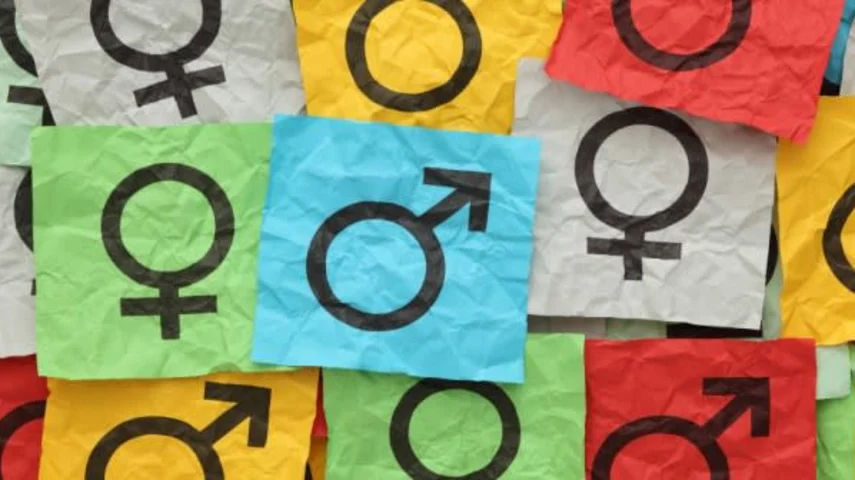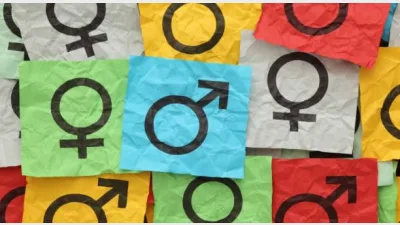Australia’s national gender pay gap reaches record low



The Workplace Gender Equality Agency (WGEA) has published the new national gender pay gap, which is now the lowest on record.
An indicator of the value placed on the contributions of men and women in the workforce, the pay gap in 2023 stood at 13.3%, down from 14.1%.
It was calculated using the latest data from the Australian Bureau of Statistics (ABS) released in February and August.
“While it’s trending in the right direction – this is the lowest on record and a return to where we were at three years ago (when the gender pay gap was at 13.4%) – there’s still work to do,” the WGEA stated.
As of November 2022, women’s average weekly ordinary full-time earnings across all industries and occupations were $1,653.60. For men, the figure stood at $1,907.10.
“The gender pay gap is a handbrake on women’s ability to make ends meet. With inflation at 7.8%, and rising, everyday essentials are becoming increasingly unaffordable,” said WGEA director Mary Wooldridge.
“Women are $253.50 worse off every single week as a result of their gender.
“Over the course of one year, the weekly difference of $253.50 adds up to $13,182. That’s income that could have gone towards meeting bills, mortgage repayments or additional contributions to superannuation funds for retirement.”
She noted that this calculation was a “limited reflection of the true gender pay gap” as it didn’t include bonuses, overtime payments or superannuation.
The total remuneration gender pay gap would be consistently 5% greater than the gender pay gap for base salaries alone, she said.
“Today’s gender pay gap also doesn’t include the wages of part-time or casual workers, many of whom are lower paid and also women,” Wooldridge elaborated.
“As a business leader, if you are aware that your organisation has a gender pay gap and you take no action to close it, you are effectively sending a message to women that the work they do is of less value than that of men.
“Employers and business leaders need to step up and take action to ensure the work of all their employees is valued and rewarded equitably.
“By closing Australia’s gender pay gap, we will improve the lives of Australian women, their families and communities and move closer towards the goal of being a world-leader in gender equality.”
Every year, Australia reported two gender pay gaps at a national level, one based on ABS data and the other calculated by WGEA using total remuneration, including super, overtime, bonuses and other additional payments.
The other pay gap calculation based on total remuneration would be released in November and be calculated using data collected in WGEA’s annual Employer Census. In 2022, the Census covered 4,795 employers, with 4,483,123 employees.
Recommended for you
Lonsec Research and Ratings has appointed a head of sales, completing the leadership team to boost its reach with financial advisers.
Allianz Retire+ has announced major leadership changes with the appointment of a new CEO and distribution heads to help expand its presence across the wealth channel.
The RBA assistant governor (business services) is set to speak at the Women in Finance Summit 2025, taking place this November.
Momentum Media’s wealth publishing network is pleased to announce the launch of the annual Australian Wealth Management Summit 2025.













Australia has one of the highest rates of a developed country for women working part time and casual. While lowering the gender gap is great news, we need to see this data within this context and whether this type of work has increased post Covid.
activists group of feminists. if your not factoring in years of experience, qualifications, education, (remoteness of job) -if blokes live out near the black stump to get good money from the mines - well that's a sacrifice they make. Also there are additional benefits with employment with Fed/State Gov that are extension of base salary that are no counted e.g flex days etc; other expenses. This is useless and from a bunch of people who like their own voices. I will raise my daughters to not be victims of the "system".